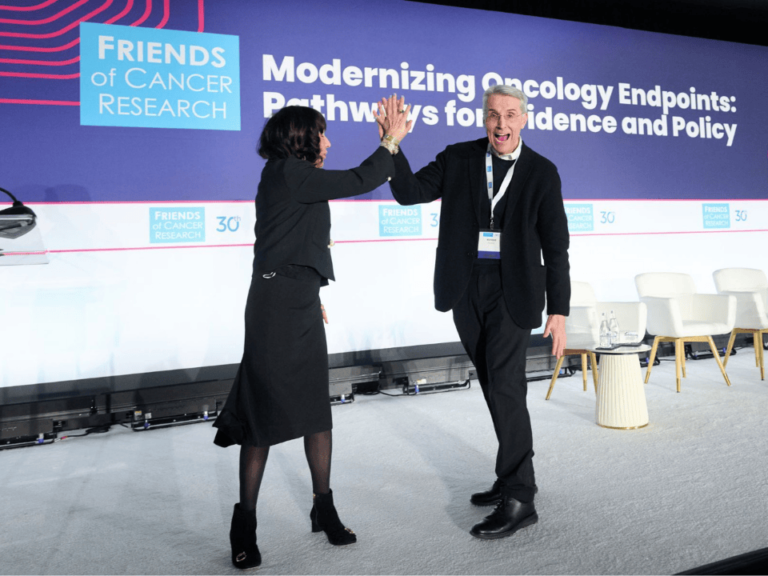FDA granted accelerated approval for Modeyso (dordaviprone) for the treatment of adult and pediatric patients (1 year of age and older) with diffuse midline glioma harboring an H3 K27M mutation with progressive disease following prior therapy.
Modeyso is sponsored by Jazz Pharmaceuticals.
Modeyso is the first and only treatment option approved by FDA for this ultra-rare and aggressive brain tumor that affects an estimated 2,000 people in the U.S. each year, many of whom are children and young adults. The disease is characterized by rapid progression and historically has had no effective systemic treatment options.
To address this urgent unmet patient need, Modeyso is expected to be commercially available in the coming weeks.
“For the first time, we have an FDA-approved therapy for patients with recurrent H3 K27M-mutant diffuse midline glioma,” Patrick Wen, director of the Center for Neuro-Oncology at Dana-Farber Cancer Institute and professor of neurology, Harvard Medical School, said in a statement. “While outcomes remain challenging for many patients, the objective responses observed with dordaviprone, including durable benefit in some patients, represent a meaningful advancement. This therapy was developed with the underlying biology of the tumor in mind and introduces a new treatment option for a population with historically limited choices.”
FDA’s decision was based on an integrated efficacy analysis of 50 patients with recurrent H3 K27M-mutant diffuse midline glioma, selected from five open-label clinical studies based on prespecified eligibility criteria.
The overall response rate, as assessed by blinded independent central review using Response Assessment in Neuro-Oncology 2.0 criteria, was 22% (95% CI: 12 to 36), with an additional responder identified by integrated RANO 2.0.
Among responders, the median duration of response was 10.3 months (95% CI: 7.3 to 15.2), with 73% maintaining their response for at least six months and 27% for at least 12 months.
“This approval represents a long-awaited treatment option for families affected by H3 K27M-mutant diffuse midline glioma,” David F. Arons, president and CEO of the National Brain Tumor Society, said in a statement. “This is a fast-moving, devastating disease that turns families’ lives upside down. For years, this diagnosis has lacked an approved treatment and today, that changes. Families finally have a treatment option, and a reason to believe in more time together to make memories that might not have otherwise been possible.”
The safety of Modeyso was evaluated in 376 adult and pediatric patients with glioma across four open-label clinical studies. Serious adverse reactions occurred in 33% of patients. Serious adverse reactions reported in more than 2% of patients included hydrocephalus (5%), vomiting (4.3%), headache (3.2%), seizure (2.4%) and muscular weakness (2.1%). The most common adverse reactions in patients who received Modeyso (≥20%) were fatigue, headache, vomiting, nausea, and musculoskeletal pain.
The drug will be further tested in phase III ACTION confirmatory trial.
“Pleased to see FDA accelerated approval for Dordaviprone (ONC201/TIC10) discovered in my lab 18 years ago & congratulations to all who contributed to basic science, translation, clinical testing & approval,” Wafik El-Deiry, director of the Legorreta Cancer Center at Brown University, said in a post on X.






